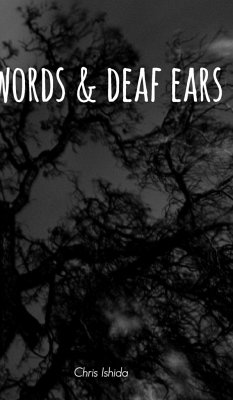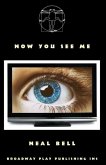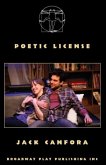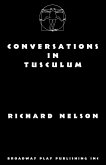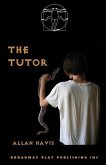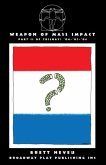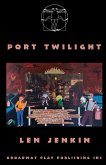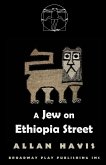TEATIME AT GOLGOTHA is "a heady, wittily self-effacing drama" about the unenviable search for meaning in what is - in all likelihood - a cold, cold world. Following the stories of Longinus after the crucifixion, the last hours in the life of astronomer Tycho Brahe, and a modern day hostage situation, TEATIME leaps back and forth through the millennia, drawing meanings, parallels, and conclusions that the characters themselves characteristically fail to notice. "Mark Chrisler's intelligent, thrilling TEATIME AT GOLGOTHA [is] rewarding: bringing history, myth, and hallucination into fruitful collision. Chrisler ... presents a heady, wittily self-effacing hour-long fantasy that charms even as it ridicules its own grandiosity. Chrisler partitions the stage into three playing areas, each populated by three characters from a different historical period ... Gradually the worlds begin to intersect, as the same phrase that ends a scene in one era starts the next in another ... The most striking moment of TEATIME AT GOLGOTHA comes when the three playing areas are lit simultaneously for the first time and all the characters, stupefied, see one another ... The cool humor and fantastical musings of TEATIME AT GOLGOTHA ... Using great theatrical economy - the play is rhetorically precise, and all the details are telling - Chrisler needs only an hour to develop his themes. But rather than pin his ideas down at the end, he lets them linger evocatively." -Justin Hayford, The Chicago Reader
Hinweis: Dieser Artikel kann nur an eine deutsche Lieferadresse ausgeliefert werden.
Hinweis: Dieser Artikel kann nur an eine deutsche Lieferadresse ausgeliefert werden.

